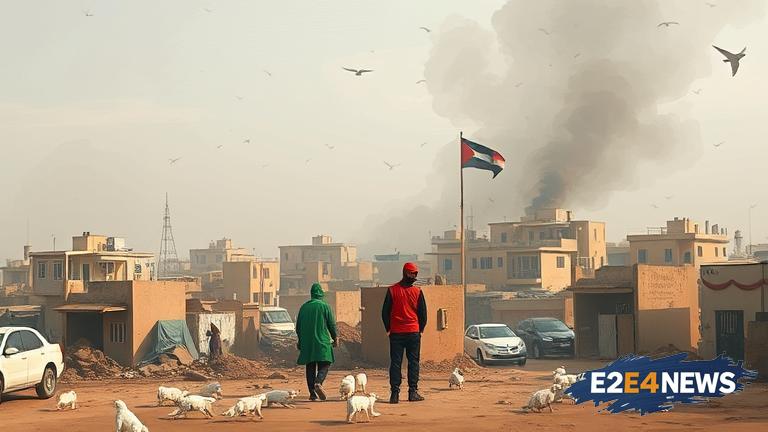The Gaza Strip is facing a catastrophic humanitarian crisis as a result of the Israeli blockade, with four major news agencies warning that staff in the region are at risk of starvation. The situation has been deteriorating for months, with the blockade severely limiting the flow of essential goods and services into the territory. The news agencies, which include the Associated Press, Reuters, BBC, and Al Jazeera, have all reported on the dire conditions in Gaza, where food, water, and medical supplies are in short supply. The Israeli government has imposed the blockade in an effort to weaken the Hamas militant group, which has controlled the Gaza Strip since 2007. However, the blockade has had a devastating impact on the civilian population, with many residents struggling to access basic necessities. The United Nations has warned that the blockade is causing a humanitarian crisis, with many Gazans facing malnutrition, poverty, and poor living conditions. The situation has been exacerbated by the COVID-19 pandemic, which has further strained the already fragile healthcare system in Gaza. The news agencies have reported that many staff members in Gaza are struggling to survive, with some going without pay for months and others facing food and water shortages. The international community has called for an immediate end to the blockade, with many countries and organizations warning of the devastating consequences of inaction. The European Union has urged Israel to lift the blockade, citing the need to protect human rights and prevent a humanitarian disaster. The United States has also expressed concern, with the State Department calling for a peaceful resolution to the conflict. Despite these warnings, the Israeli government has shown no signs of easing the blockade, with many officials arguing that it is necessary to prevent Hamas from acquiring weapons and materials. However, human rights groups have argued that the blockade is a form of collective punishment, which is prohibited under international law. The situation in Gaza has sparked widespread protests and condemnation, with many people around the world calling for an end to the blockade and a peaceful resolution to the conflict. The humanitarian crisis in Gaza has also had a significant impact on the region, with many countries and organizations providing aid and support to those affected. The United Nations has launched an emergency appeal to raise funds for Gaza, with many countries and organizations pledging support. The situation in Gaza is a complex and deeply entrenched conflict, with many different factors and interests at play. However, one thing is clear: the humanitarian crisis in Gaza requires immediate attention and action, and the international community must work together to find a peaceful and sustainable solution. The news agencies have warned that the situation in Gaza is likely to deteriorate further unless urgent action is taken, with many staff members and residents facing a desperate struggle for survival. The international community must take heed of these warnings and work towards a peaceful resolution to the conflict, one that prioritizes the human rights and dignity of all people affected. The Gaza Strip is a small but densely populated territory, with a population of around 2 million people. The territory has been under Israeli occupation since 1967, and has been the site of numerous conflicts and humanitarian crises over the years. The current blockade has been in place since 2007, and has had a devastating impact on the economy and infrastructure of the territory. The humanitarian crisis in Gaza is a stark reminder of the need for a peaceful and sustainable solution to the conflict, one that prioritizes the human rights and dignity of all people affected.
